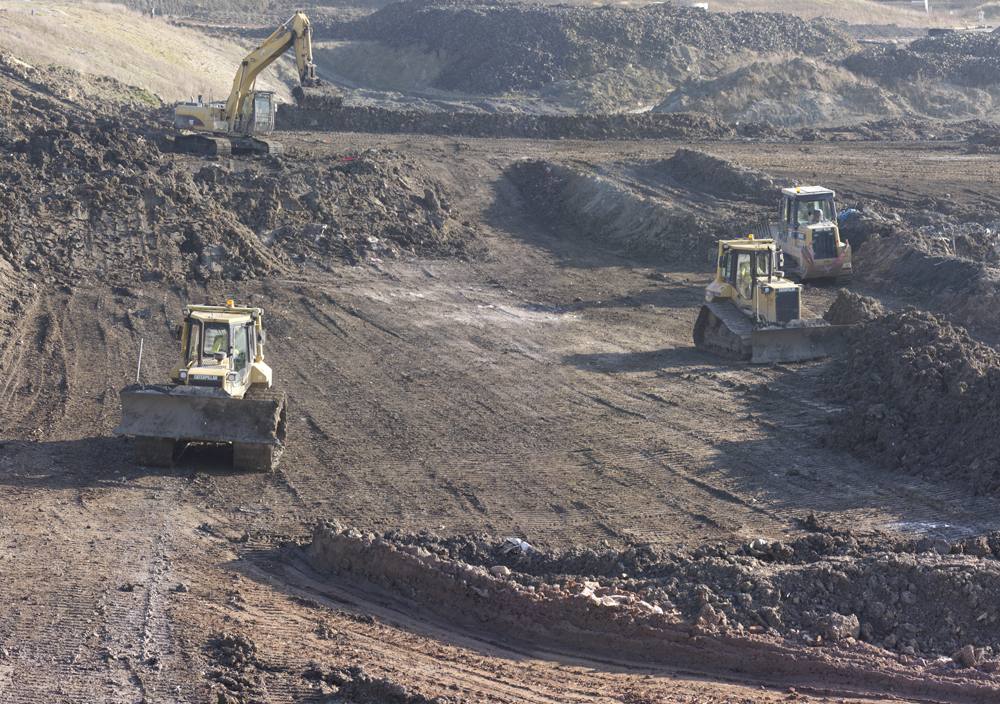The data also showed that 22.35 million tonnes of landfill tax tonnage was declared in the financial year, a 2% (421,000 tonne) drop year-on-year.
Introduced in 1996, the tax is paid by landfill operators on the disposal of material at a landfill site. The tax is passed onto businesses and local authorities through the gate fee for disposing of waste at a landfill.
Up until 2015, HMRC said the tax was the largest environmental levy.
However, HMRC said receipts have “fallen substantially” in the last 10 financial years. It noted that in 2013/14, landfill tax receipts were £1.189 billion, meaning they have fallen nearly 50% in 10 years as more energy recovery capacity has come online.
As outlined below, while there was a rise for the financial year ending 2021, which HMRC put down to the pandemic, receipts for financial year ending 2023 are “continuing the downward trend”.

Rates
The tax is designed to encourage efforts to minimise the amount of material produced and the use of non-landfill waste management options, which may include recycling, composting and recovery.
There is a lower rate of tax which applies to less polluting qualifying materials, and a standard rate which applies to all other taxable material disposed of at authorised landfill sites.
With effect from 1 April 2023, the following rates apply:
- lower rate: £3.25 per tonne
- standard rate: £102.10 per tonne
Landfill tax rates have increased year on year over the past 10 years; standard rate charged has increased from £72.00 per tonne in April 2013 to £102.10 per tonne in April 2023, while landfill tax receipt have fallen in this period.
A ‘shortfall’ in landfill tax receipts should not necessarily be considered as a concern because the tax aims to provide incentive for the diversion of waste from landfill to other less harmful methods of waste management, HMRC noted.

Tonnage
As outlined above, standard rate tonnage has shown a steep downwards trend over the last ten years bar a rise in 2021/22. The rates remain above the 2020/21 financial year.
Standard rate tonnage as a proportion of total tonnage has fallen from 48% in financial year ending 2014 to 29% in financial year ending 2023.
Lower rate tonnage has “broadly shown a downwards trend” over the last 10 years with the lowest level over this period in financial year ending 2023.
HMRC added that lower rate tonnage as a proportion of total tonnage increased from 31% in financial year ending 2019 to 43% in financial year ending 2021 (with some fluctuation over this period), with this proportion then falling to 37% in financial year ending 2023.
The department’s notice explained: “Exempt tonnage does not display any clear trends over this period with levels in financial year ending 2023 being broadly similar to those in financial year ending 2014, with some fluctuation over this period.”
It added: “Exempt tonnage as a proportion of total tonnage however, has shown an upward trend over this period; rising from 21% in financial year ending 2014 to 34% in financial year ending 2023.”









Subscribe for free